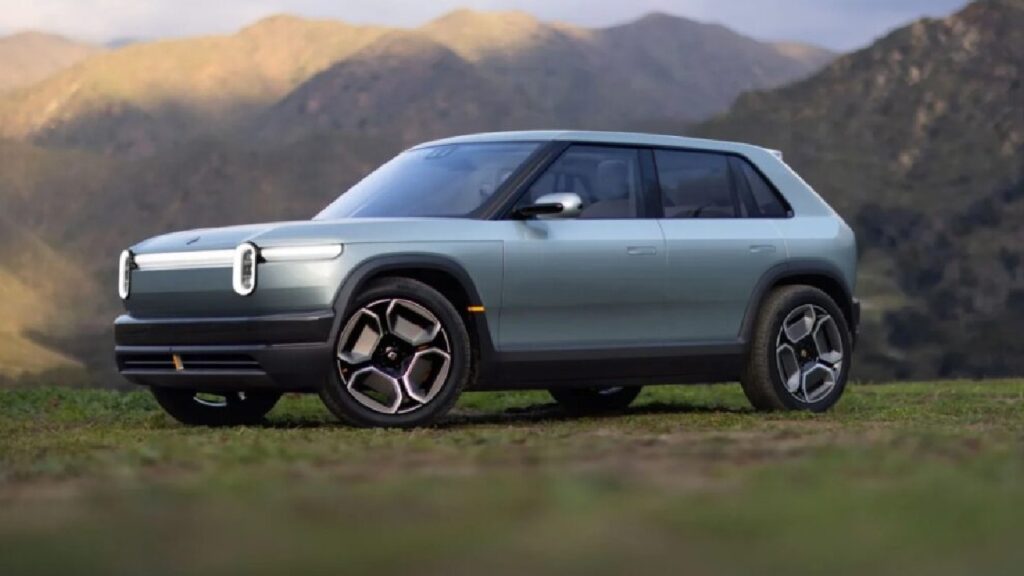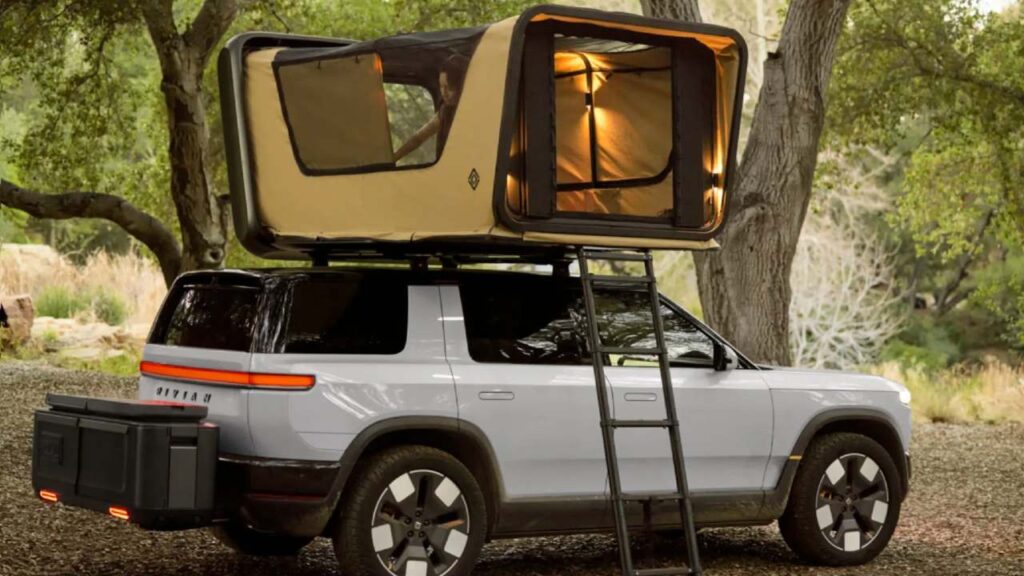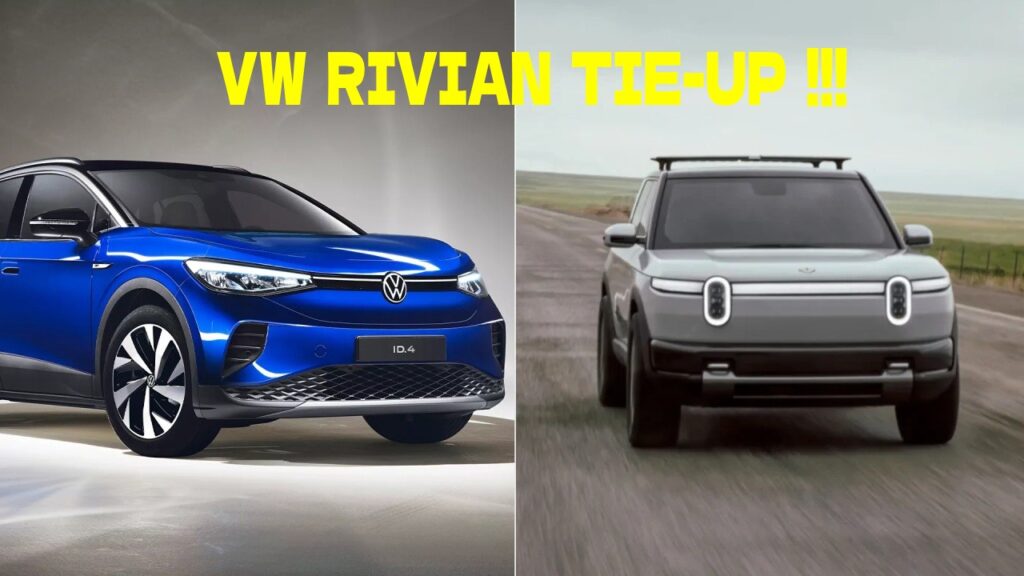The collaboration of the German auto giant with the American EV startup was established in June last year
The Biden government approved the $6.6 billion loan for Rivian before Trump was sworn in which is critical for the partnership with VW. In this age of co-operations, it is critical to combine synergies. That is exactly what this strategic tie-up is based on. VW has a worldwide distribution network along with a legacy while Rivian offers the latest tech needed to power future EVs. Both these carmakers leverage each other’s strengths to establish a dominant force in today’s competitive world.

You might also like: Rivian Creates New Sales Record In 2024
VW & Rivian Partnership
The first few decisions from the newly elected U.S. President Donald Trump are not too encouraging for the EV industry. It’s a good thing the multi-billion-dollar loan for Rivian was already sanctioned by the Biden administration. It is aimed for Rivian to create its manufacturing facility in Georgia where R2 and R3 electric cars will be built. The 9-million-sq.ft plant will have the capacity to churn out 400,000 EVs annually. It will generate up to 2,000 construction jobs and 7,500 operations jobs by 2030.
It was said that “Rivian intends to hire at least a quarter of its employees at the Stanton Springs facility from the local community. This investment supports the Biden-Harris Administration’s Justice40 Initiative, which sets a goal that 40% of the overall benefits of certain federal investment in climate, clean energy, and other areas flow to disadvantaged communities that are marginalized by underinvestment and overburdened by pollution.”
With that, VW feels confident about the new electrical architecture and software platform which it will co-develop with Rivian. All future EVs from these two brands will use this tech. Remember, as a part of the German-American joint venture, VW has already invested $5.8 billion into Rivian for the same. As per the German publication Spiegel, Rivian developers and engineers are leading work in developing a streamlined system that promises to revolutionize VW’s approach to vehicle electronics.
While the current breed of VW EVs uses around 100 control units, the new architecture will only have 7 compact control units to manage critical systems. These will include semiconductors, sensors and cables to power infotainment system to advanced driver assistance systems. Within the VW Group, the first vehicle to use this will be the Porsche K1 flagship 7-seat SUV and new-gen VW Golf. In fact, VW’s Scout could also use it on Terra and Traveler. The first VW car to use it will most likely arrive by 2027. Rivian will surely deploy this tech on the upcoming R2 and R3.

You might also like: Gen 2 Rivian R1 Owners Won’t Find Front Under-Seat Storage In Their EVs
Learn Electric Cars Says
Amidst stiff competition from Chinese carmakers and other legacy companies and startups, it is critical to combine individual strengths for fruitful partnerships. That is exactly what VW and Rivian plan to do. With so much investment flowing into Rivian from VW and with the loan from the Department of Energy, it will be intriguing to see how things pan out in times to come.


Pingback: Here's How To Get Up To $6,000 Discounts On Rivian EVs
Pingback: Entry-Level VW EV Officially Teased, To Arrive In 2027
Pingback: VW ID. Every1 Will Be VW's Most Affordable EV